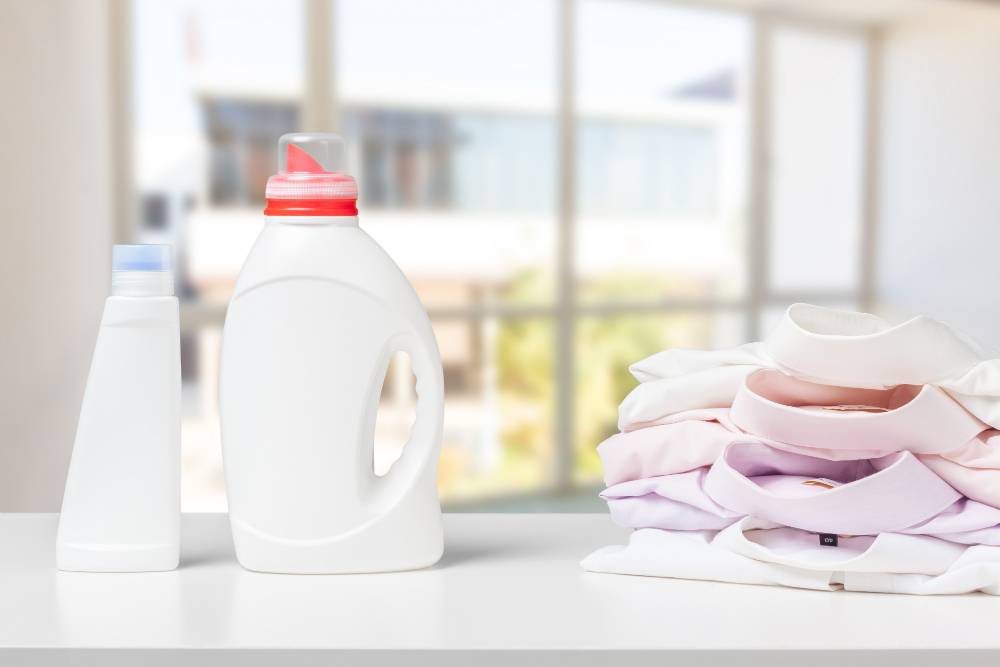19 May 2024
Is Fabric Softener Bad for Septic Systems?
Maintaining a healthy septic system is essential for the efficient management of household wastewater. Homeowners often wonder about the impact of various household products on their septic systems, and fabric softeners are frequently mentioned in this context. Understanding the relationship between fabric softeners and septic systems can help you make informed decisions and avoid costly issues like septic tank repair or frequent septic tank pumping. This article explores whether fabric softeners are bad for septic systems and provides tips for maintaining a healthy septic tank.
How Fabric Softeners Affect Septic Systems
Fabric softeners, both liquid and dryer sheets, contain a variety of chemicals and synthetic compounds designed to soften clothes, reduce static cling, and impart a pleasant fragrance. While these benefits are appealing, they can have negative impacts on your septic system for several reasons.
- Chemical Build-Up: Fabric softeners often contain quaternary ammonium compounds (quats) and petroleum-based ingredients. These chemicals can accumulate in the septic tank, interfering with the natural bacterial processes that break down waste. Over time, this build-up can lead to sludge formation, necessitating more frequent septic tank cleaning and pumping.
- Disruption of Bacterial Balance: The bacteria in a septic tank are crucial for breaking down solid waste. The chemicals in fabric softeners can harm or kill these beneficial bacteria, disrupting the balance and efficiency of your septic system. A weakened bacterial population can lead to clogs, slow drainage, and the need for septic tank repair.
- Clogging and Blockages: The oils and fats in fabric softeners can solidify in the septic tank and pipes, contributing to blockages. These clogs can cause backups and require professional intervention from a septic company.
- Environmental Impact: The synthetic fragrances and chemicals in fabric softeners can leach into the surrounding soil and groundwater, potentially harming the environment. This is especially concerning in rural areas where septic systems are more common and soil health is vital.
Best Practices for Protecting Your Septic System
- Limit Use of Fabric Softeners: If you prefer to use fabric softeners, do so sparingly. Reducing the amount used can minimize the impact on your septic system. Alternatively, consider switching to natural or septic-safe fabric softeners that are free from harsh chemicals.
- Choose Septic-Safe Products: Look for laundry products labeled as septic-safe. These products are formulated to be less harmful to the beneficial bacteria in your septic tank. There are also many eco-friendly and natural alternatives available that are gentle on both your clothes and your septic system.
- Regular Septic Tank Maintenance: Regular maintenance is crucial for the longevity and efficiency of your septic system. Schedule periodic septic tank pumping and inspections with a reliable septic company like Rooter Septic Services. This helps remove accumulated sludge and ensures that your system is functioning properly.
- Use Alternatives to Fabric Softeners: Consider using alternative methods to soften clothes and reduce static. Wool dryer balls, for example, are a natural and reusable option that can effectively soften laundry without the need for chemical softeners. Adding a half-cup of white vinegar to the rinse cycle can also soften clothes and is safe for septic systems.
Consult with a Professional
For homeowners concerned about the health of their septic system, consulting with a professional at Rooter Septic Services can provide valuable insights and services. Whether it's septic tank installation, maintenance, or repair, expert advice ensures your system runs smoothly and efficiently for years to come. Taking these proactive steps can help you enjoy the benefits of a well-maintained septic system while avoiding the pitfalls of improper product use.
